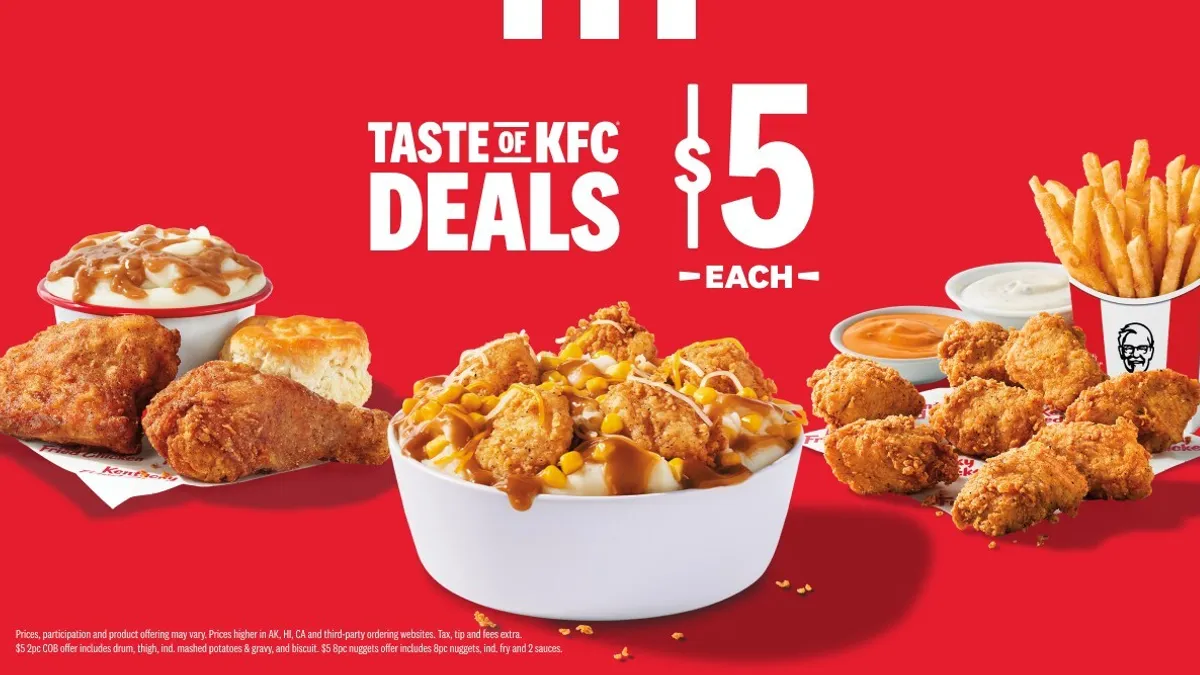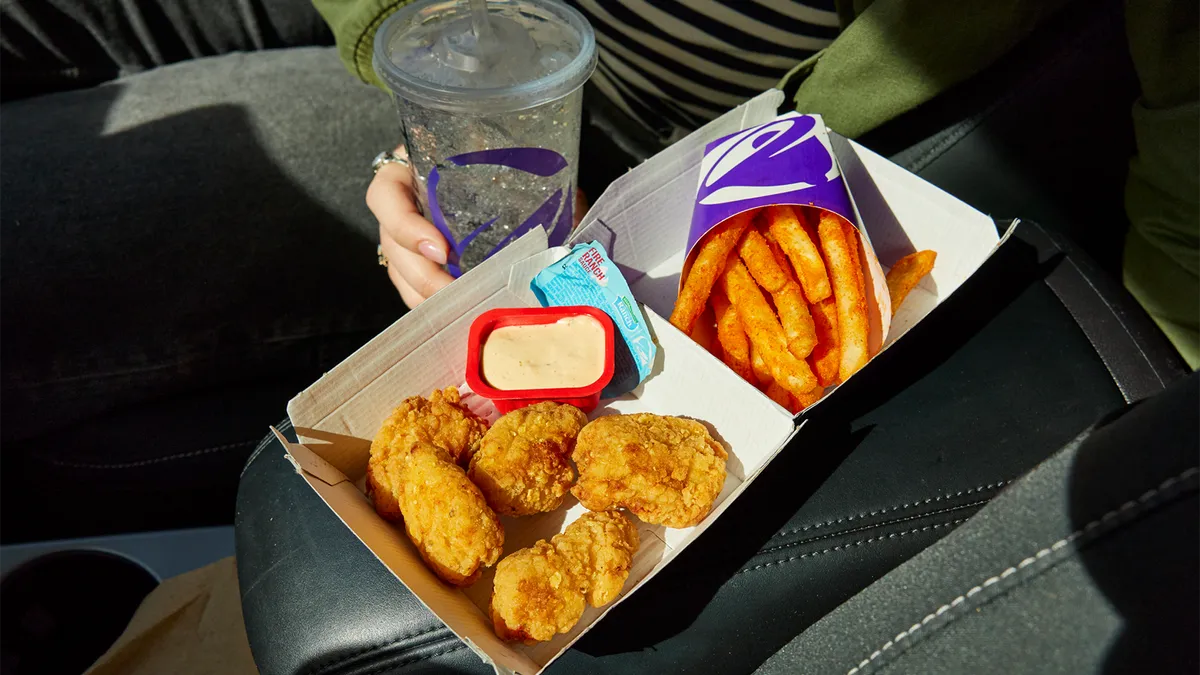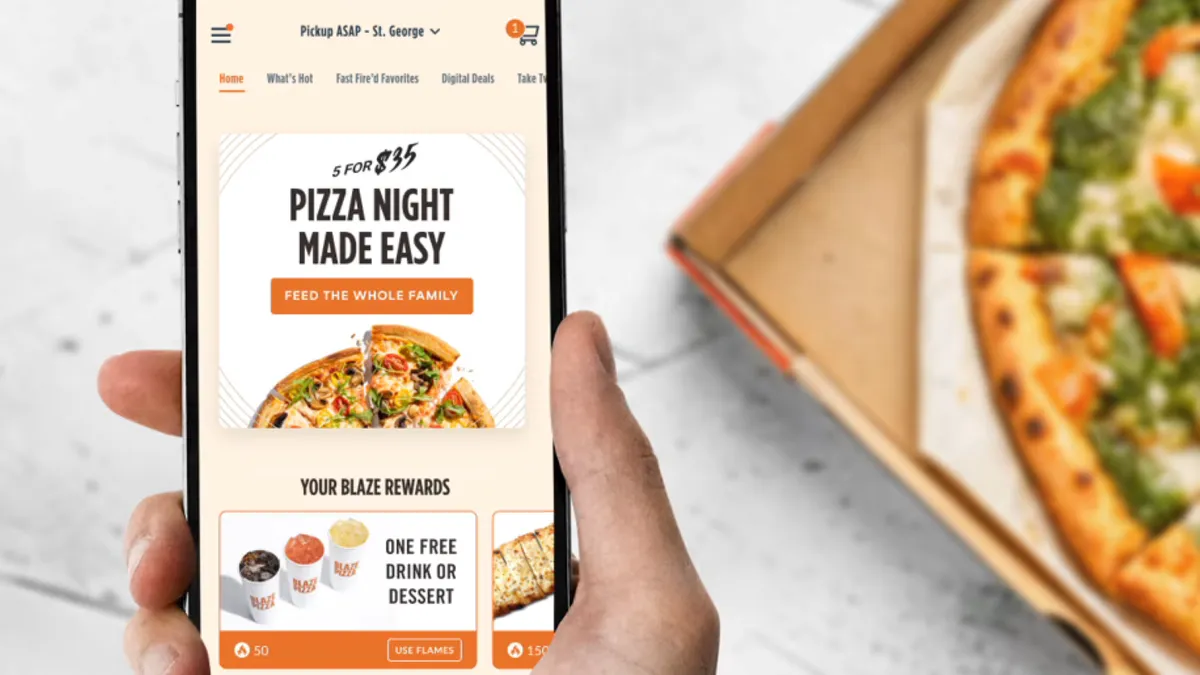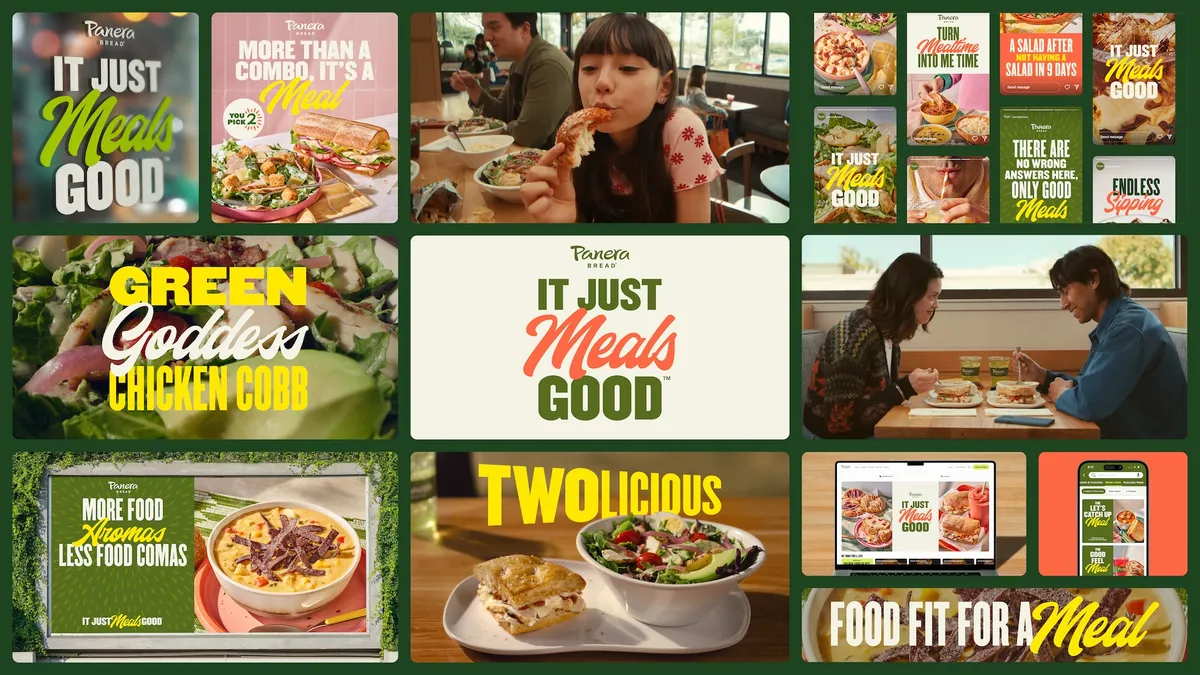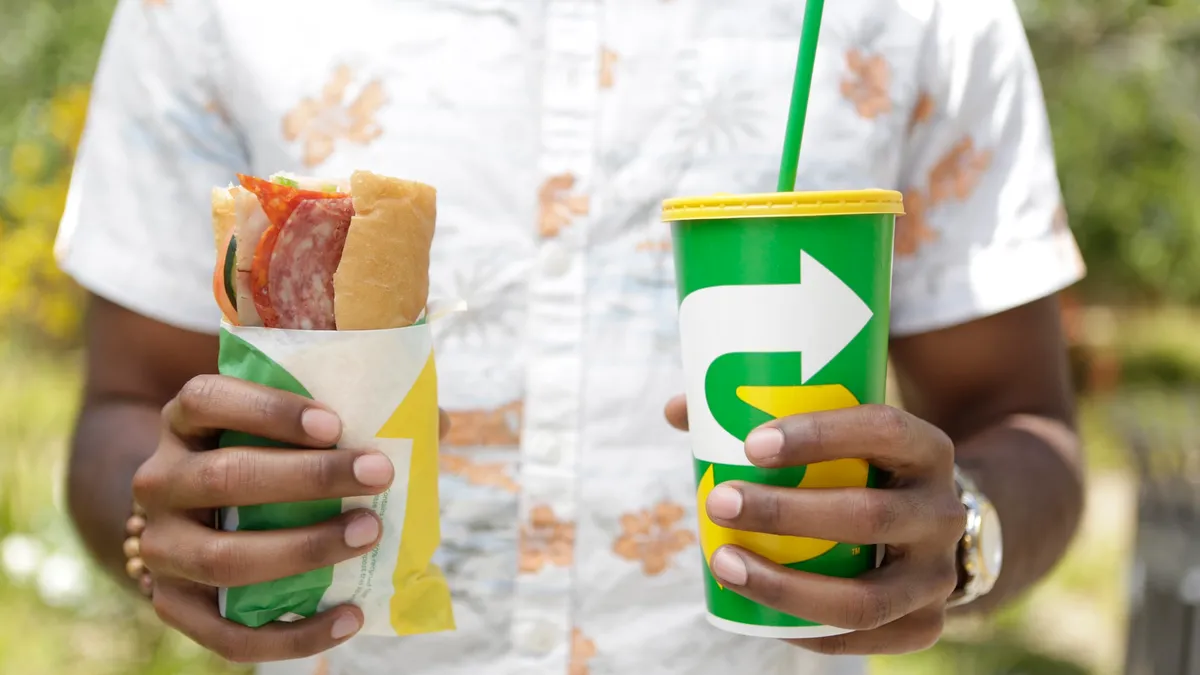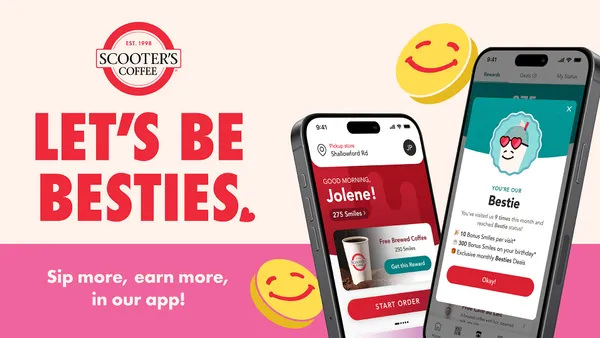In 1974, Burger King rolled out its iconic "Have it your way" slogan with a jingle that assured consumers, "Special orders don’t upset us, all we ask is that you let us serve it your way!" Fifty years on, the fast food chain is taking its promise of customized burger orders to the next level with a contest that is fueled by generative artificial intelligence (AI).
Burger King on Feb. 5 launched the Million Dollar Whopper Contest, letting consumers create their own Whopper for a chance at a $1 million prize and the opportunity for three entrants to have their personal take on a customized burger sold for a limited time. After inputting up to eight ingredients in the BK App or via a microsite, Burger King uses generative AI to bring the burger — and a customized jingle — to life, giving consumers an image and video that can be shared across social.
"The Million Dollar Whopper Contest leans into customization in ways we never have, and knowing that only three guests will have the opportunity to see their Whopper innovations in restaurants, we wanted to explore how we could bring every person’s submission to life," Burger King CMO Pat O'Toole said in emailed comments.
"That’s where AI came in – we know that AI (and specifically generative AI) will be continuing to evolve the way that we create, engage, and optimize different marketing content. That said, we wanted to make sure we entered the space in an authentic way that had roots in our brand heritage," the executive added.
The contest ties into insights about the brand, where nearly half of guests customize their Whoppers in some way, and its marketing priorities around customization and giving consumers a new way to interact with a Royal Perks loyalty program that helps drive engagement and frequency. The use of generative AI comes as the technology is starting to show use-cases for marketers after more than a year of hype.
"We saw a huge opportunity in using AI to help deliver a campaign that was authentic to the brand, but also allowed our guests to have a seamless and fun experience. AI has played a pivotal role, both in the consumer-facing front, but also in how our team assesses and understands the ingredients that guests are entering," O'Toole said.
Generative AI is not without its risks and critics. Stories of massive AI investments are just as common as ones about bad results, hallucinations and deep fakes. But Burger King — a brand known for making marketing bets at the leading edge of technology — appears to be as prepared as it can be.
"AI is like any emerging technology — powerful, but a little unpredictable," O'Toole said. "We’ve been preparing substantially on our side and telling our guests to expect the unexpected."
Underneath the hood
Created by Media.Monks, the contest's AI-fueled experience allows users to add up to eight ingredients to their Whopper creations, and apart from allergens, inedible items and profanity, the only limit is their imagination. Building an experience that is scalable, brand-safe and privacy-first provided a challenge for the marketing and advertising services company.
"At Media.Monks, we have put a lot of emphasis into AI knowledge across all the departments," said Iran Reyes, vice president and global head of engineering at the company. "Every product department is knowledgeable about AI — it's not only tech connecting dots, it's really knowing how the technology works."
Generating custom Whoppers with AI required several large language models (LLMs) to be fine-tuned to brand guidelines around what ingredients could be included and what they would look like topping a burger. But the "magic ingredient" is Media.Monks' use of a dedicated team — not the developers themselves — for quality assurance (QA), Reyes said.
"Our QA team is quite knowledgeable with AI as well,” the executive said. "The QA team is big, and they have a lot of experience working with LLMs."
"We are getting to where hyper personalization is our reality."

Iran Reyes
Vice president and global head of engineering, Media.Monks
After generating an image of a Whopper that looks realistic and possible, the next step was working to generate a customized jingle that features a voice rapping about the ingredients in a way reminiscent of the brand's popular "Whopper Whopper" jingle. While the AI-generated images will likely generate the most buzz, the audio is actually the most complex component of the experience.
"It is like a dynamic ad… it's actually quite complex to match up and connect all the dots," Reyes said. "We are getting to where hyper personalization is our reality."
The experience took about three to four months to complete, including R&D, backend planning and QA planning. Along with Media.Monks' combination of creative and technical expertise, a prioritization of AI allowed for the creation of a scalable, secure and fast solution.
"Everyone should know about AI — that has been our focus for the last year," Reyes said. "It has been a big challenge and continues to be a challenge because AI changes all the time."
The development and evolution of the underlying technologies will continue, making it imperative for marketers to stay up-to-date on the possibilities and pitfalls of generative AI.
"There’s a lot to uncover and explore when it comes to AI, and this is just the start," O'Toole said. "It’s important that any AI integration is in service of our Guests, but our team is actively exploring different ways that generative AI will impact how we deploy, create, and optimize different types of media."









